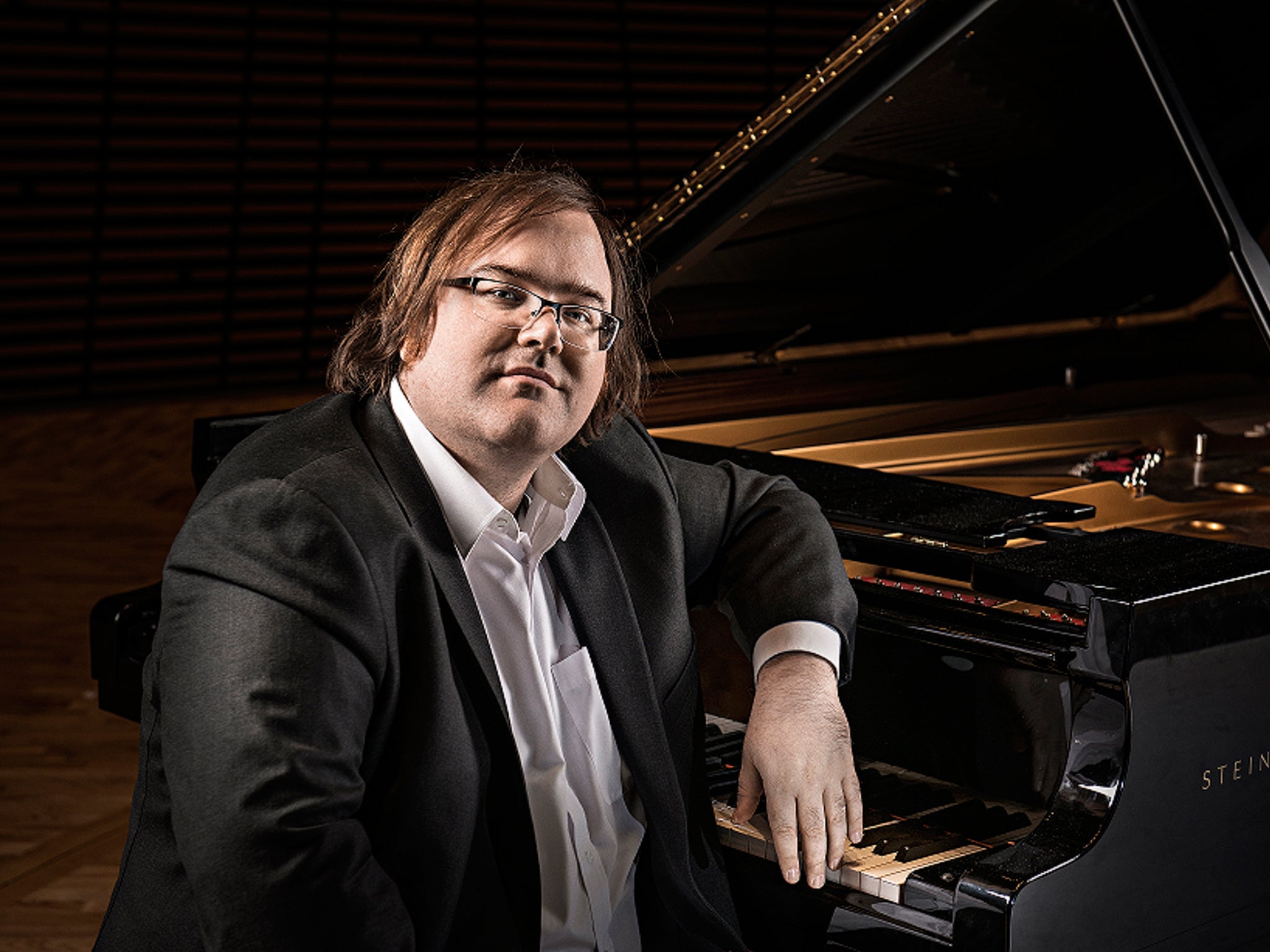Christian Ihle Hadland, Wigmore Hall, review: A wonderfully rich repast
After two eloquent Brahms Rhapsodies, his finale was an arresting performance of Prokofiev’s second piano sonata

Your support helps us to tell the story
From reproductive rights to climate change to Big Tech, The Independent is on the ground when the story is developing. Whether it's investigating the financials of Elon Musk's pro-Trump PAC or producing our latest documentary, 'The A Word', which shines a light on the American women fighting for reproductive rights, we know how important it is to parse out the facts from the messaging.
At such a critical moment in US history, we need reporters on the ground. Your donation allows us to keep sending journalists to speak to both sides of the story.
The Independent is trusted by Americans across the entire political spectrum. And unlike many other quality news outlets, we choose not to lock Americans out of our reporting and analysis with paywalls. We believe quality journalism should be available to everyone, paid for by those who can afford it.
Your support makes all the difference.The Norwegian pianist Christian Ihle Hadland looks like a genial and dishevelled Billy Bunter, but that impression is instantly dispelled when he puts his hands on the keyboard. Nobody else has his combination of poetry and pantherish power; he has a uniquely magic touch.
On this occasion he flung open the doors on a delightful variety of works, starting with something which might have seemed too hackneyed to bear yet more repetition - Bach’s Italian Concerto in F.
Yet it emerged pristine, with the ornamented lines of its opening Allegro given a pearlised springiness, and with the gracefully contrasting melodies of its Andante sounding sweetly thoughtful. Beethoven’s Sonata Opus 2 No 2, which followed, was full of discreet surprises; one might have said he took liberties with the score, had he not made the whole thing so convincingly feline. If this exuberant early work was suffused with coiled energy, Mendelssohn’s Variations serieuses allowed the release of that energy in a blaze of virtuosity.
After two eloquent Brahms Rhapsodies, Hadland’s finale was Prokofiev’s second piano sonata, and here too he found arrestingly new things to say. He denied us an encore, but this had already been a wonderfully rich repast.
Join our commenting forum
Join thought-provoking conversations, follow other Independent readers and see their replies
Comments